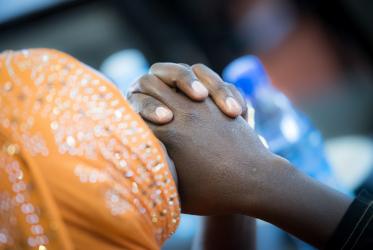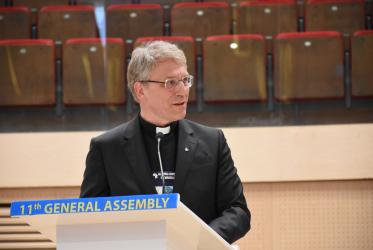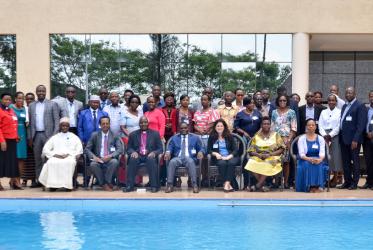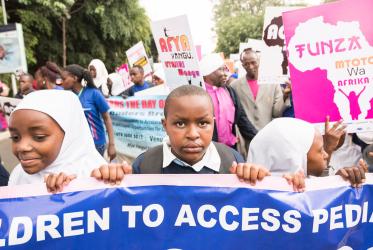Displaying 1 - 20 of 20
Theological education in Africa promotes social transformation
03 November 2022
Young Africans are eager to grapple with challenges
09 January 2020
WCC hones training on attitudes toward HIV treatment
06 December 2018
Applications open for WCC Eco-School
10 May 2017
Youth engagement fundamental to HIV response
18 April 2017














